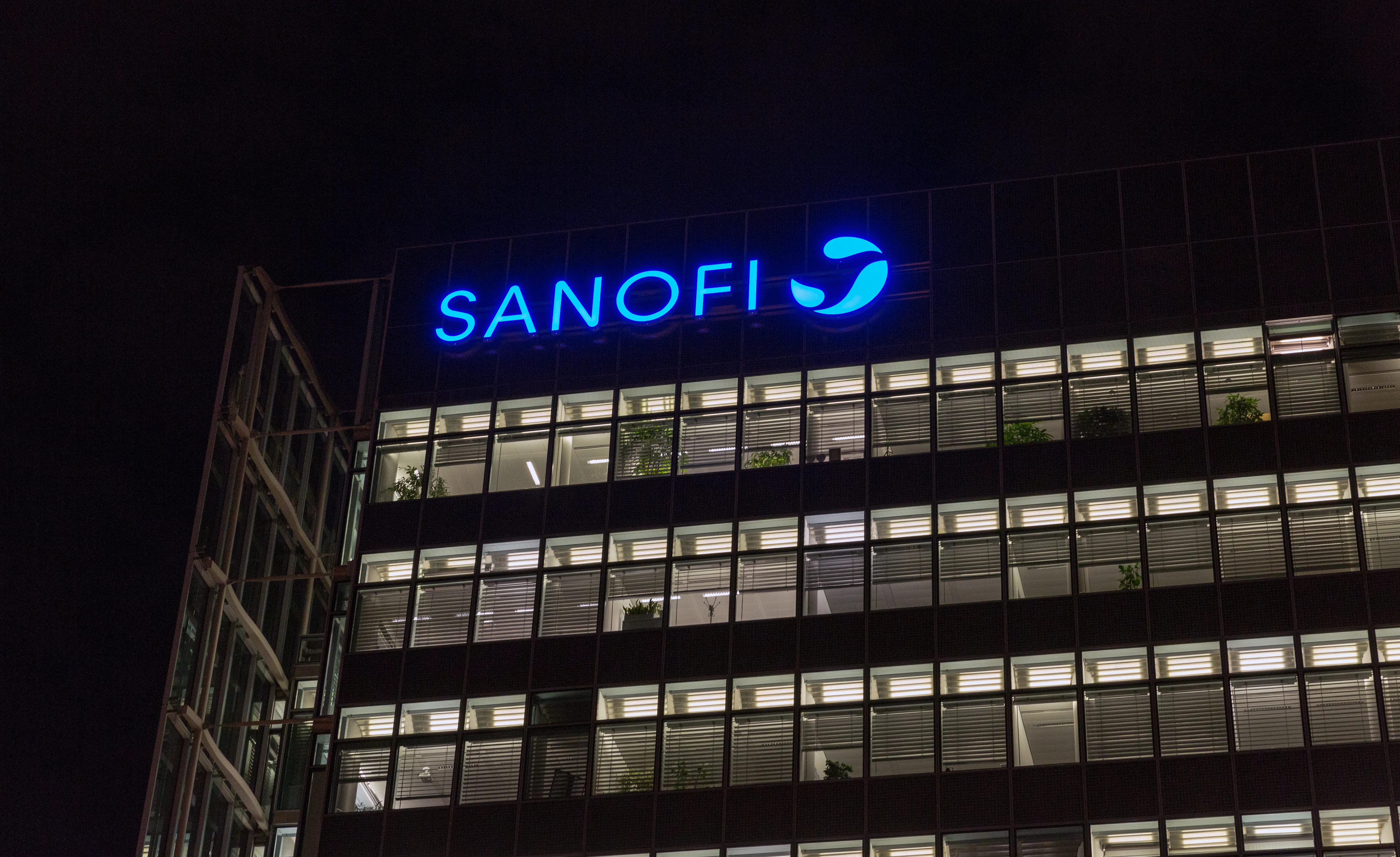Sanofi Drug's Primary Endpoint Missed in Relapsing MS Trials – Future Implications

Sanofi's Tolebrutinib Trials: Key Findings
Sanofi's multiple sclerosis drug tolebrutinib did not meet its primary endpoint in two crucial trials aimed at treating relapsing MS. Despite failing to hit the mark, the drug exhibited promising results for non-relapsing secondary progressive MS, raising questions about its future in therapeutic settings.
Implications for Future Treatments
- Relapsing Multiple Sclerosis remains a challenging condition to treat.
- Future studies might focus on the efficacy of tolebrutinib in non-relapsing forms.
- Sanofi's ongoing research initiatives could open new avenues for MS treatment options.
Conclusion: Towards Future Research
While the failure in trials is a setback for Sanofi, the insights gained may stimulate further developments in MS therapies.
This article was prepared using information from open sources in accordance with the principles of Ethical Policy. The editorial team is not responsible for absolute accuracy, as it relies on data from the sources referenced.